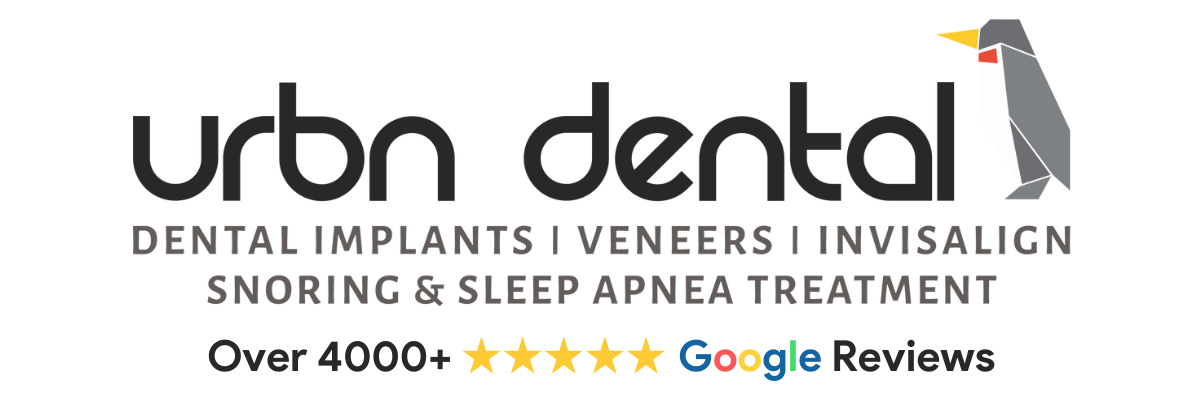
Finding the right dentist isn’t just about solving problems when they appear. It’s about keeping your teeth and gums healthy so small issues don’t turn into bigger ones later. Regular dental cleanings and good at-home care form the foundation, but sometimes unexpected things come up—like dry socket after a tooth extraction—that require prompt attention. If you’re looking for a trusted dentist River Oaks, it helps to know you’re choosing someone who can handle both the routine and the unexpected with equal care.
Why Dental Cleanings Matter
Dental cleanings aren’t only about polishing your teeth for a bright smile. They play a major role in maintaining oral health. During a cleaning, your hygienist removes plaque and tartar that regular brushing and flossing can miss. Even the most diligent brushing can’t always reach every area, especially along the gumline and between tight spaces.
Cleanings also give your dentist a chance to check for early signs of issues like cavities, gum irritation, or worn enamel. Catching problems early usually means simpler, less invasive solutions. Many patients think of cleanings as just “routine maintenance,” but they’re often the first step in preventing more serious dental work later on.
Choosing the Right Dentist
It’s easy to type Dentist Near Me into a search bar and find dozens of results. The harder part is figuring out which office feels right for you. Beyond location, think about what matters most: clear communication, a welcoming environment, and experience with both preventive care and more complex treatments.
A good dentist doesn’t just treat your teeth; they guide you through decisions about your care. They’ll explain why something is recommended, what it involves, and what your options are. That kind of partnership makes the whole experience less stressful and more empowering.
What to Expect During a Cleaning
If it’s been a while since your last appointment, you might wonder what a cleaning actually involves. It’s straightforward: your hygienist will carefully remove tartar buildup using special instruments, then polish your teeth to smooth away surface stains. You’ll likely also get a fluoride treatment to help strengthen enamel.
Most people find cleanings fairly comfortable, though some sensitivity can happen if it’s been a long time between visits. Your dentist or hygienist will always check in with you, and adjustments can be made to keep things manageable.
Finding Dental Cleaning Near Me
When searching for Dental Cleaning Near Me, convenience is important, but so is consistency. Regular appointments every six months are the standard for most people, though your dentist may suggest more frequent visits depending on your oral health.
Scheduling cleanings in advance helps you stay on track. Many patients also find that having a familiar dentist and hygienist makes each visit easier—they know your history, your preferences, and how to keep you comfortable during the process.
Beyond Routine: When Issues Like Dry Socket Appear
While regular cleanings handle most of your preventive needs, some situations require immediate care. One example is dry socket, a condition that can occur after tooth extraction. Normally, a blood clot forms at the extraction site to protect the bone and nerves while healing begins. With dry socket, that clot either doesn’t form properly or becomes dislodged, leaving the area exposed.
The result is often significant discomfort, which typically begins a few days after the extraction. Many patients describe it as more intense than the original tooth pain. If this happens, it’s important to contact your dentist promptly. Treatment usually involves cleaning the socket, placing a medicated dressing, and giving you guidance on how to manage the healing process at home.
Preventing Issues Before They Start
While dry socket can’t always be prevented, following your dentist’s aftercare instructions closely can reduce the chances. Similarly, regular dental cleanings help prevent gum disease, decay, and other issues before they require more involved treatment. The common thread is consistency—seeing your dentist regularly and reaching out when something feels off.
Good habits at home also matter. Brushing twice a day, flossing, and limiting sugary snacks or drinks support the work your dentist does during visits. Think of it as teamwork: you handle the daily routine, and your dentist provides the deeper care and expertise.
Why Local Care Matters
Having a dentist River Oaks close by makes keeping up with appointments far less stressful. Instead of commuting across town, you can fit visits into your regular routine. That accessibility also matters if you ever face urgent situations like dry socket, where quick treatment can make a big difference in your comfort.
Building a long-term relationship with a local dentist also means they get to know your unique needs over time. That familiarity allows for more personalized recommendations, whether it’s adjusting the frequency of cleanings or tailoring aftercare advice to your lifestyle.
Final Thoughts
Dental care isn’t only about emergencies—it’s about staying ahead of problems so you can enjoy a healthy, comfortable smile long-term. Regular cleanings are the cornerstone, but knowing your dentist can also handle unexpected issues like dry socket gives you peace of mind.
Whether you’re scheduling your next checkup or looking for help with something more urgent, a trusted dentist River Oaks can be your partner in both routine care and the unexpected. Having the right dentist nearby makes it easier to stay on top of your oral health, one visit at a time.
FAQs About Dental Cleanings and Dry Socket
1. How often should I get a dental cleaning?
Most people benefit from cleanings every six months. Some may need them more often if they’re prone to tartar buildup or gum concerns.
2. Do cleanings hurt?
For many patients, cleanings are comfortable. If there’s sensitivity, your dentist can adjust techniques or suggest options to reduce discomfort.
3. Can cleanings whiten my teeth?
Cleanings remove surface stains, which can make teeth look brighter. For deeper stains, cosmetic whitening may be an option.
4. What is dry socket?
Dry socket is a complication after a tooth extraction where the blood clot protecting the site is missing or lost. It exposes nerves and bone, leading to discomfort.
5. How is dry socket treated?
Dentists typically clean the socket and place a medicated dressing to promote healing and reduce discomfort. They’ll also give you home care instructions.
6. Can dry socket heal on its own?
In some cases, it may improve gradually, but professional care usually helps manage discomfort and supports proper healing.
7. How do I reduce my risk of dry socket?
Following post-extraction instructions closely—like avoiding smoking, drinking through straws, or vigorous rinsing—may lower the risk.
